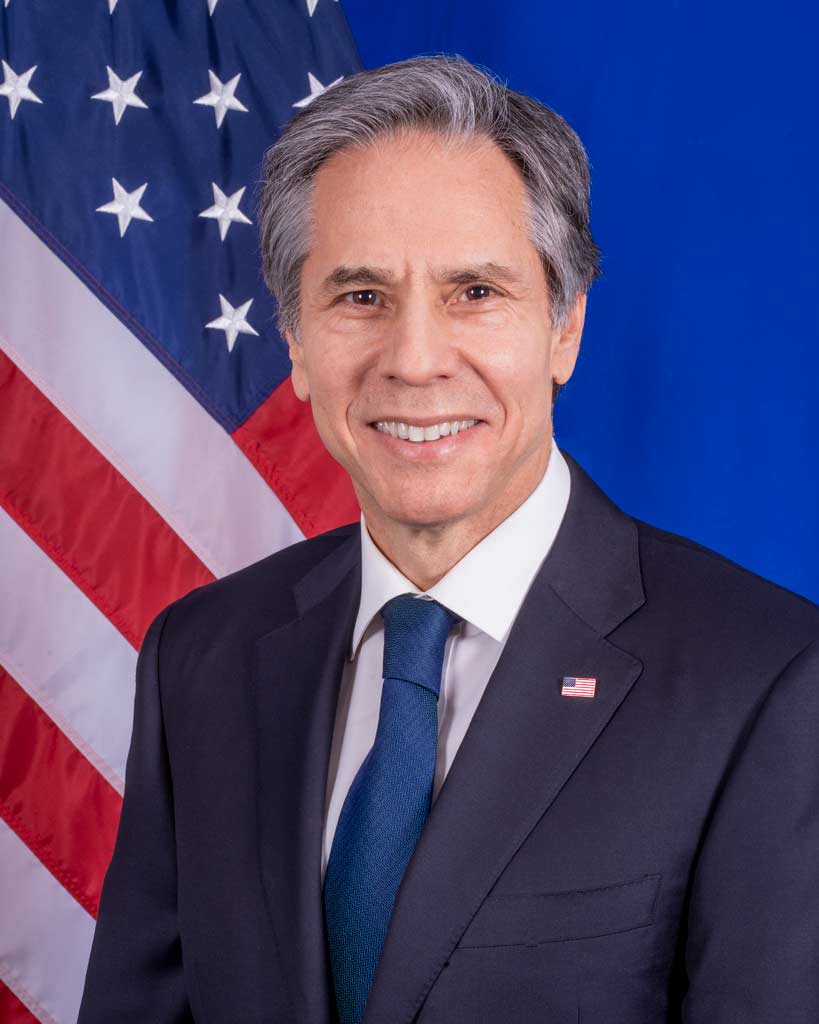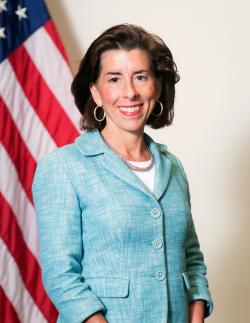Abraham Lincoln once observed: “In the world’s history, certain inventions and discoveries occurred of peculiar value . . . in facilitating all other inventions and discoveries.” Lincoln was speaking of the written word and, later, the printing press. But today, we are living through another such invention: artificial intelligence.

Powerful generative AI systems like GPT-4 are ushering in a new era of this technology. They’re revolutionising the production of knowledge: vastly increasing the capacity of machines to generate original content, perform complex tasks and solve important problems. They are also dramatically lowering the barriers for people to access AI and its benefits.
This new era brings serious potential hazards. These include the risk of AI generating false information, reinforcing bias and discrimination, being misused for repressive or destabilising purposes or proliferating the knowledge to make a bioweapon or conduct a cyber attack.
But even with these risks — which we’re determined to minimise — AI holds an exhilarating potential to improve people’s lives and help solve some of the world’s biggest challenges, from curing cancer to mitigating the effects of climate change to solving global food insecurity.
The future of AI — whether it makes our societies more or less equitable, unlocks breakthroughs or becomes a tool of authoritarians — is up to us. The question is not whether to use it, but how.
The United States, as home to many of the leading companies, technologies and minds driving the AI revolution, has the ability and responsibility to lead on its governance. We are committed to doing so in partnership with others around the world to ensure the future reflects our shared values and vision for this technology.

We have already taken action to guide AI’s use. We set out a Blueprint for an AI Bill of Rights with principles for how automated systems are designed and used, and developed an AI Risk Management Framework to help improve user protections.
Last week, President Joe Biden announced the next step with a set of commitments from leading companies designed to enhance safety, security and trust. These commitments will mitigate risks of AI including misuse, and support new technologies and standards to distinguish between human and AI-generated content. They will encourage companies and individuals to report on systems’ capabilities and limitations, and facilitate information sharing. And they will promote the development of AI systems designed to address society’s greatest challenges.
The commitments offer a starting point for action to limit near-term risks while fostering innovation. They will be complemented by key lines of effort with partners around the world.
Over the coming weeks, we will continue to work with the G7 through the Japan-led Hiroshima Process to expand and internationalise these commitments. We want AI governance to be guided by democratic values and those who embrace them, and G7-led action could inform an international code of conduct for private actors and governments, as well as common regulatory principles for states. As we co-ordinate globally, we will also align our domestic approaches in forums like the US-EU Trade and Technology Council.
We will work intensively with other governments to build a shared understanding of longer-term AI risks and how to limit them. The US looks forward to participating in the UK’s Global Summit on AI Safety and other opportunities for global engagement to build a more secure future.
The US is committed to making AI work for, and designing governance with, developing countries, whose voices are crucial to the global discussion. India will play a critical role, including through the Global Partnership on AI. We are also working on inclusivity for AI through discussions with the UN.
We will partner with countries around the world, as well as the private sector and civil society, to advance a key goal of the commitments: creating AI systems that make people’s lives better. Today, we’re on track to meet just 12 per cent of the UN’s Sustainable Development Goals. AI could change that trajectory by accelerating efforts to deliver clean water and sanitation, eliminate poverty, advance public health and further other development goals.
To shape the future of AI, we must act quickly. We must also act collectively. No country or company can shape the future of AI alone. The US has taken an important step — but only with the combined focus, ingenuity and co-operation of the international community will we be able to fully and safely harness the potential of AI.
The writers are US Secretary of State Antony Blinken and US Secretary of Commerce Gina Raimondo
DISCLAIMER: The views and comments expressed are those of the writer and not necessarily those of the Lynnwood Times nor any of its affiliates.
Author: Lynnwood Times Staff












